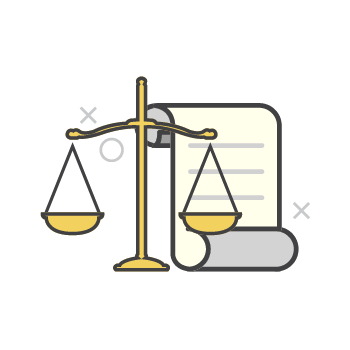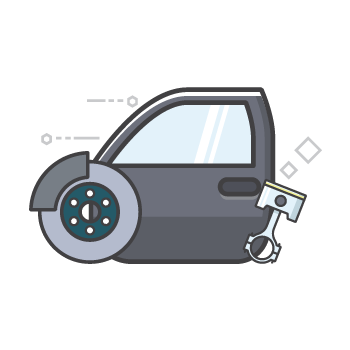On a Budget: How to Build an Emergency Fund
by Stephanie Koathes Sep 23, 2019

Your car broke down, and it’s going to cost an arm and a leg to fix. You or a loved one is stricken suddenly with a debilitating illness. Or you lost your job.
Emergencies can hit at any time. Keeping an emergency fund can help you handle unexpected crises without being financially ruined.
The following tips will help you get your rainy day savings off the ground.
Start small
Don’t feel as though you need to start your emergency fund with a huge lump sum. Start small but start! Build up over time.
Keep it separate
Your emergency fund should be kept in a different account from the one you regularly use so that you’re not tempted to dip into your rainy day cash.
Do it first
Pay yourself first. Don’t wait to see what you have left at the end of the month for your savings. Get it out of the way, so you don’t spend it on the millions of things that crop up during the month.
Set up a schedule
Set up a monthly automatic transfer from your main account to your emergency account.
Search your budget
Note your daily expenditures. This will help you to have a clear idea of what you spend and where it goes. Looking at your habits, make a decision on the areas you can reduce spending; put that money towards building your emergency fund instead.
Fix a figure
Establish a set monthly savings goal and include building your emergency fund into your regular budget.
Unexpected earnings
If you find yourself coming into extra cash such as a raise, bonus, winnings or birthday money, don’t give in to the desire to spend it, stash it straight in your emergency savings.
Trim unnecessary monthly bills
Are you subscribing to Netflix but rarely using it? Cut it! Do you have the most expensive cable package and only watch half the channels? Downgrade! You’ll be surprised at how much you can save this way.
Have your money work
Educate yourself about the options for savings accounts and select the one that will make your money work the most for you. Every dollar counts, so put your money where it can grow.
Sensible saving habits will help when an emergency strikes.
Sources: Forbes, Nerd Wallet, The Simple Dollar, The Balance








